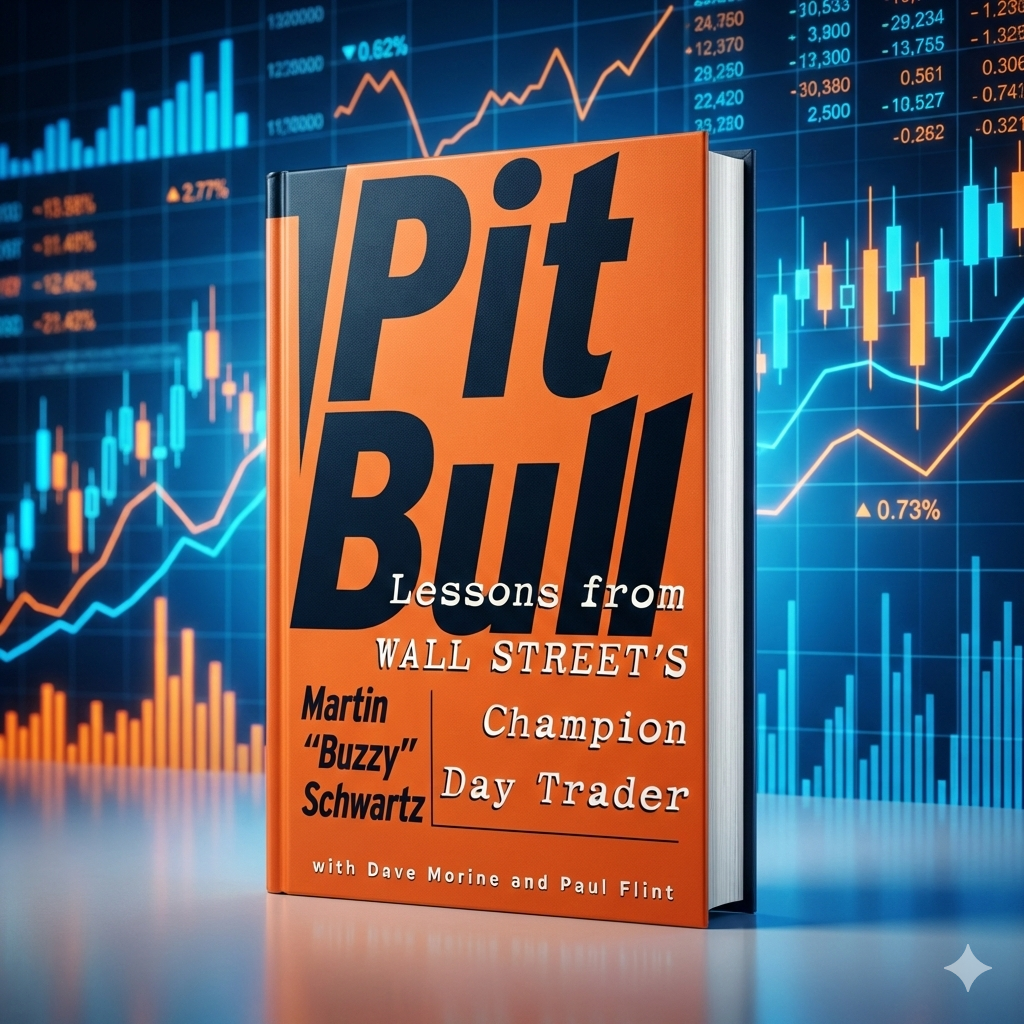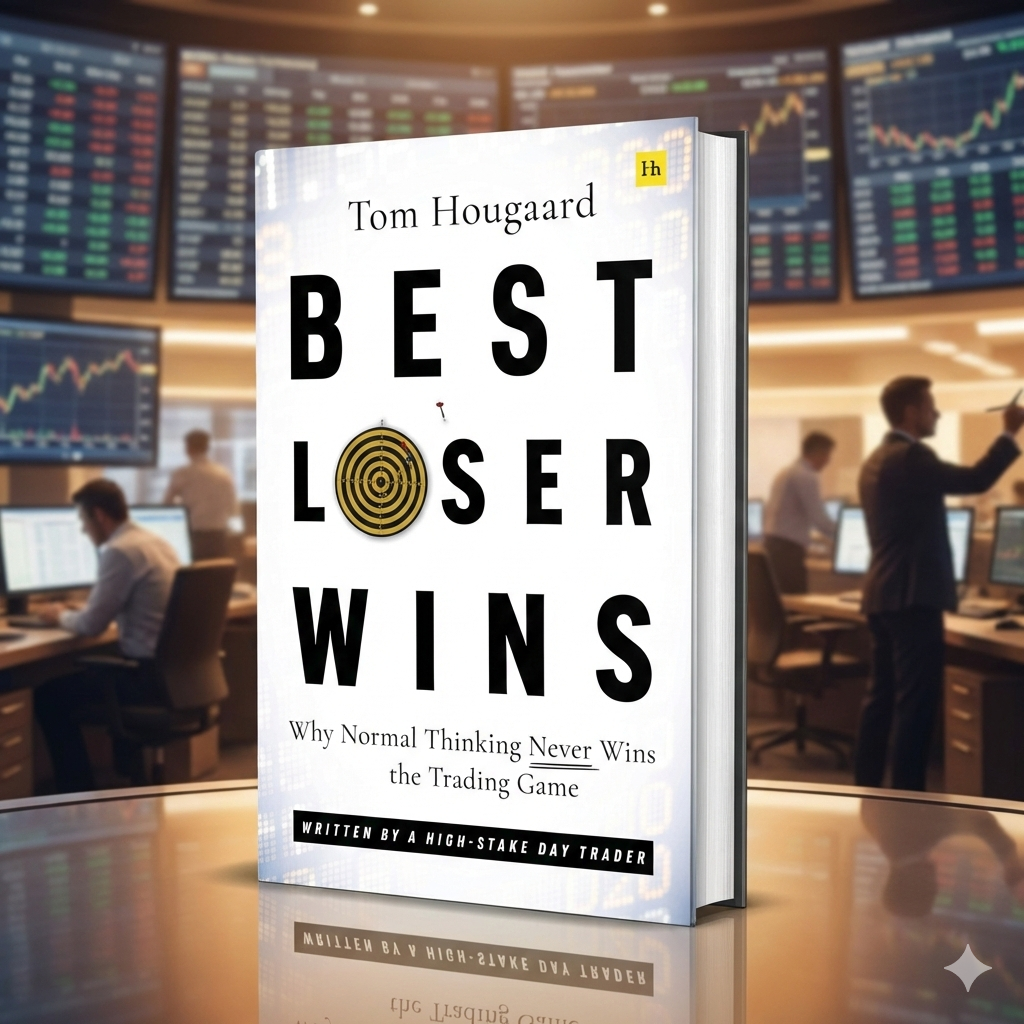Jack Schwager’s interviews distill discipline, risk management, and personal strategy fit into practical wisdom. Expect candid stories that demystify markets and sharpen decision-making, though it inspires more than instructs—learn why this enduring compass still helps traders today.
Jack Schwager’s Market Wizards is one of those rare finance books that manages to feel timeless. First published in 1989, it collects interviews with some of the most successful traders of the era—people who turned modest sums into fortunes, often by sheer force of discipline, creativity, and resilience. At its core, the book is about human decision-making under uncertainty. That’s why it still resonates today, even though markets have changed with technology and globalization. For anyone curious about trading—whether a casual investor, a student, or someone staring at a stock chart for the first time—this book remains a benchmark for how wisdom is passed on in markets.
Why It Still Matters
What makes Market Wizards matter is not just the profiles of its traders but the way Schwager draws out lessons that apply across time. Markets in the 1980s ran on phone calls and pit trading; today they hum with algorithms and apps. But human emotions—fear, greed, doubt—have not gone away. Schwager’s interviews capture how great traders manage those emotions. The traders differ in style—some are technical chart readers, others rely on macro themes—but they share common habits: patience, risk control, and the ability to survive long enough to take advantage of opportunity. In that sense, the book is less about tips and more about frameworks for thinking.
Core Ideas
The main ideas are surprisingly simple, though not easy to practice. The first is discipline: most of the interviewees stress sticking to a method, however boring, rather than chasing the latest hot trade. The second is risk management: no trade is worth blowing up your account, and cutting losses quickly is almost a mantra. The third is individuality: nearly every trader insists that success came when they stopped copying others and trusted a system that fit their own personality. Schwager doesn’t present this as a formula but rather as a mosaic—the same principles expressed through many voices.
Strengths of the Book
The strength of Market Wizards is how clear and human those voices are. Instead of abstract theory, you hear candid stories: a trader who made millions shorting soybeans, another who nearly lost everything before learning humility, one who built success by taking the opposite side of consensus. These stories demystify markets. They show that trading is not about secret signals or inside knowledge, but about habits and mindset. Schwager also writes with a journalist’s ear. He lets the traders speak plainly, and then nudges readers to see the patterns. The result is both educational and entertaining.
Limitations and Context
Still, the book is not without its limits. Because it focuses on winners, it suffers from selection bias: you hear from the survivors, not from those who tried and failed with the same methods. That can give beginners a false sense of how common success really is. Some of the strategies—like aggressive futures trading—also feel dated in an era when retail investors lean more toward ETFs, passive strategies, or options trading through apps. And while the book brims with insight, it offers little in the way of step-by-step guidance. It’s inspiration, not a playbook. Readers who expect a “how to trade” manual may leave disappointed.
Practical Takeaways for Today’s Trader
For a beginner or small investor, the takeaway is practical if you know where to look. The traders insist that losses are part of the game—what matters is how you handle them. That translates today into using stop-loss orders, not putting all your capital into one stock, and resisting the temptation to double down on a bad trade. Another lesson is patience: good trades often take time to work out, and forcing action leads to mistakes. A third is personal fit: if you are more analytical, you may lean toward systematic strategies; if you have a feel for narratives, you may follow macro themes. The point is not to mimic the Wizards but to learn how they matched strategy to temperament.
Audience Fit
Who, then, should read this book? Anyone curious about markets who wants to understand the human side of trading. Finance students will find it a lively counterpoint to textbooks. Beginners will get a sense of the mental toughness required before putting real money at risk. Even experienced investors can revisit it to be reminded of fundamentals they may have neglected. It is not about teaching you where the market will go tomorrow—it is about showing how to survive and thrive in markets over years.
Verdict
The verdict is clear: Market Wizards is one of the few trading books that earns its place on both the beginner’s and the professional’s shelf. It is part oral history, part philosophy of risk, and part cautionary tale. Its weakness lies in being inspirational more than instructional, but its strength lies in how it makes the invisible—discipline, psychology, resilience—visible through story. If trading books were rated like investments, this one would be a blue chip: not flashy, but enduring. On balance, it deserves a 9 out of 10.
Final Note
For those starting out, it won’t give you a map, but it will give you a compass. And in markets, that may be the more valuable gift.








